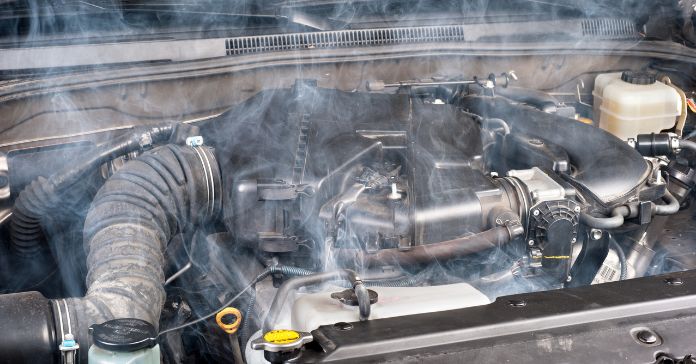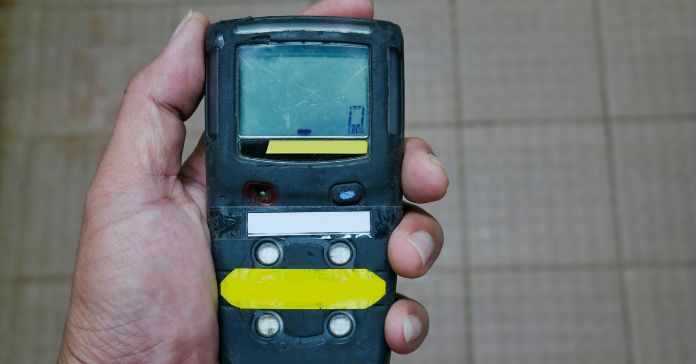
Has your car been overheating recently, with the needle on the temperature gauge constantly increasing? Explore four reasons your vehicle’s engine is overheating.
Lack of Engine Coolant
The primary cause of an overheated engine is a lack of coolant in the vehicle’s cooling system. If you’re not entirely sure what to do if your car overheats on the road, you should first check the coolant fluid levels after pulling over. Other reasons for an overheated engine relate to system failures preventing coolant from reaching the engine. An engine reaches around 2,000 degrees Fahrenheit while operating, so the coolant is critical to maintaining a stable and safe temperature. If you haven’t refilled the coolant levels in a long time, the solution could be as simple as adding more to the system.
Hose Blockage or Leak
If you notice the coolant is low, you should try to determine why that is if you’ve been refilling the fluid according to the recommended maintenance schedule. Coolant hoses are a common source of issues as they can become damaged over time, leading to blockages and coolant leaks. Therefore, a good place to start is by looking for signs of leaks or blockages in your coolant hose. If you’re unsure what to look for, you can take the car in or have it towed to a mechanic for a professional inspection. This will help you decide whether a new coolant hose is needed.
Cracked Radiator
The radiator is crucial to your vehicle’s cooling system as it pulls heat away from the engine. The radiator disperses antifreeze and water through its fins, releasing the engine’s heat while absorbing cool air passing through the rest of the compartment. If the radiator has a crack or a leak, it won’t be as effective at removing heat and your vehicle’s engine could quickly overheat. In this case, it’s best to hire a professional to replace or repair the part.
Failed Water Pump
Another reason your vehicle’s engine is overheating could be a failure of the water pump. The water pump is also critical for cooling the engine, as it pushes the coolant through the system and hose, into the engine, and back to the radiator. If you can’t find a problem with the radiator or the coolant hose, it could be that the water pump has failed and isn’t pushing any coolant through. Signs of a failed water pump include a leak in the front of the car or steam coming from the radiator. Again, this is an issue that should be addressed by an automotive professional.







